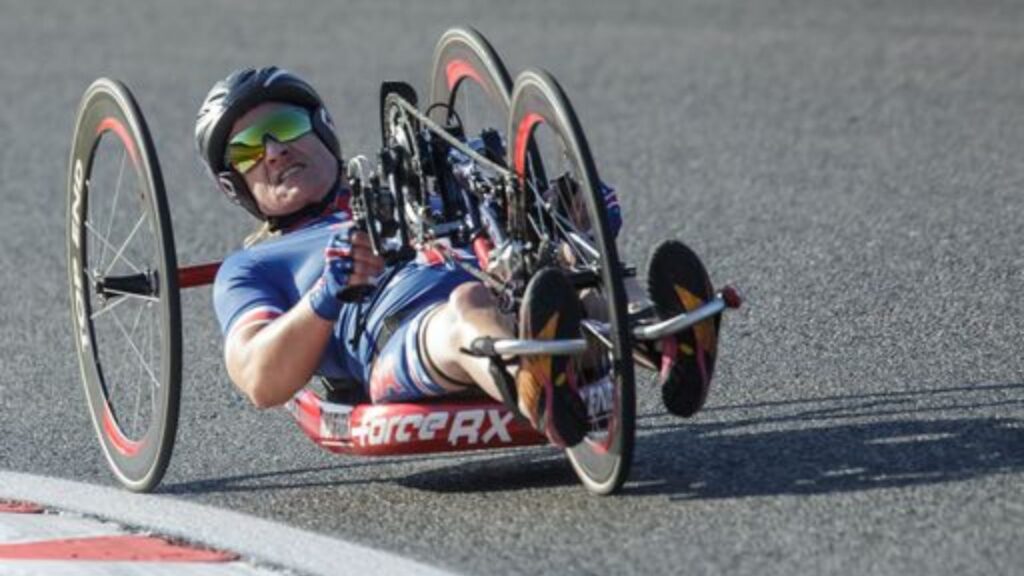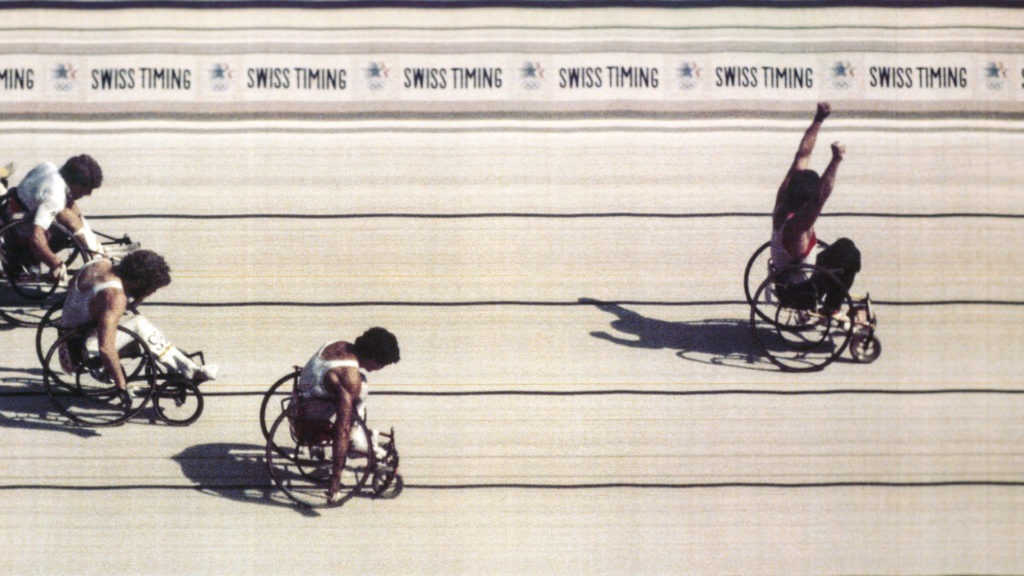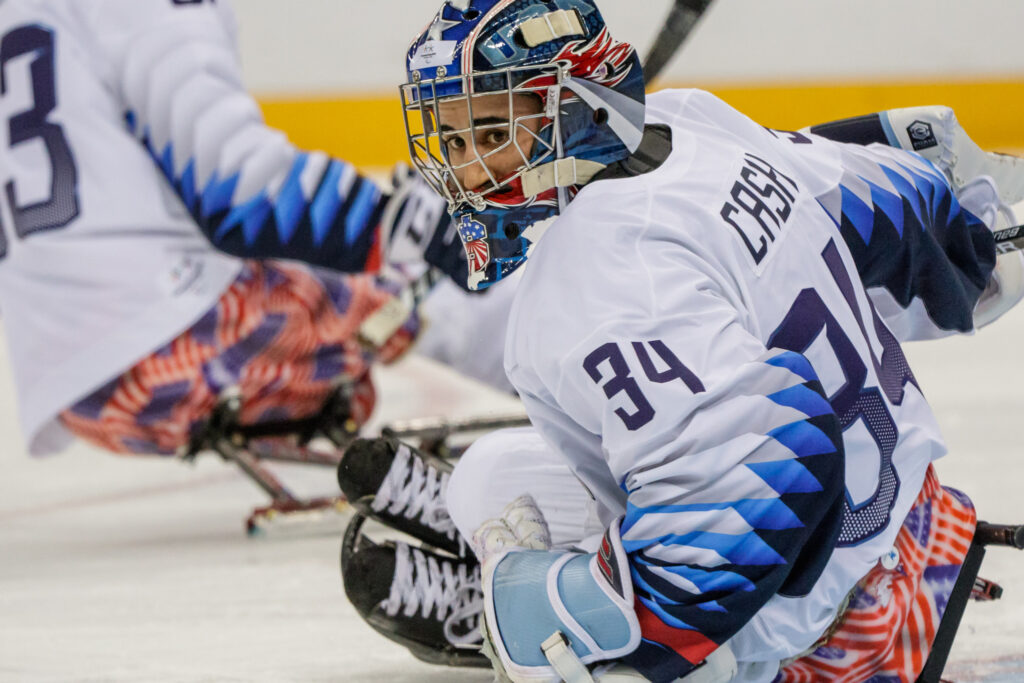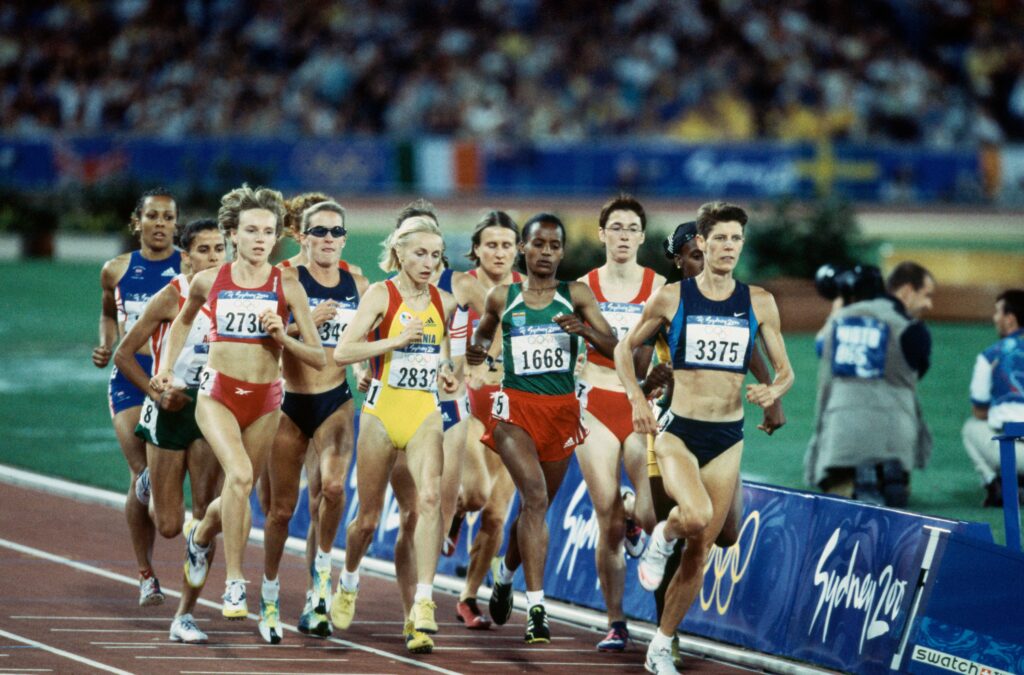As Al Oerter prepared to make a run at a third consecutive Olympic gold medal in the discus, he was bothered by a neck injury. Doctors told one of the greatest discus throwers ever that it was time to retire; Oerter found another doctor who helped him build a brace.
“These are The Olympics,” Oerter said. “You die before you quit.”
Then, less than a week before the Tokyo 1964 Olympic Games, Oerter slipped during a practice and tore cartilage in his rib cage. Again, doctors told him not to throw. Again, Oerter declined to heed their advice. The pain was so bad that Oerter was in agony, but he still managed an Olympic-record throw and claimed another gold medal.
Indeed, it was never easy for Oerter, but the path always led to victory lane. He was rarely the favorite and never entered as the world record holder. Somehow, though, Oerter always won. He was the first track and field athlete to win four successive Olympic gold medals in a single event – setting an Olympic record each time.
Ranked sixth in the world, he had never won a major international competition before throwing a personal best 184 feet 10 ½ inches to win gold at the Melbourne 1956 Olympic Games. He survived a near-fatal car crash in 1957 and recovered in time for the Rome 1960 Olympic Games, where fellow American Rink Babka entered with the world record. But based on a tip from Babka, Oerter threw 194-2 on his final attempt, another personal best, to again win gold.
At the Mexico City 1968 Olympic Games, it was American Jay Silvester who entered with the world record and Oerter had a pulled thigh muscle to boot. Still, he threw another personal-best, 212-6, to win his fourth gold medal. It was quite a finish for an athlete who first began throwing the discus at age 15, when a discus landed at his feet and he easily threw it back from whence it came.
After retiring from competition, Oerter carried the Olympic Flag for the Los Angeles 1984 Olympic Games and carried the Olympic Torch into the stadium for the Atlanta 1996 Olympic Games Opening Ceremony. An artist, he also founded the Art of the Olympians.
Oerter died of heart failure in 2007. He was 71 years old.












